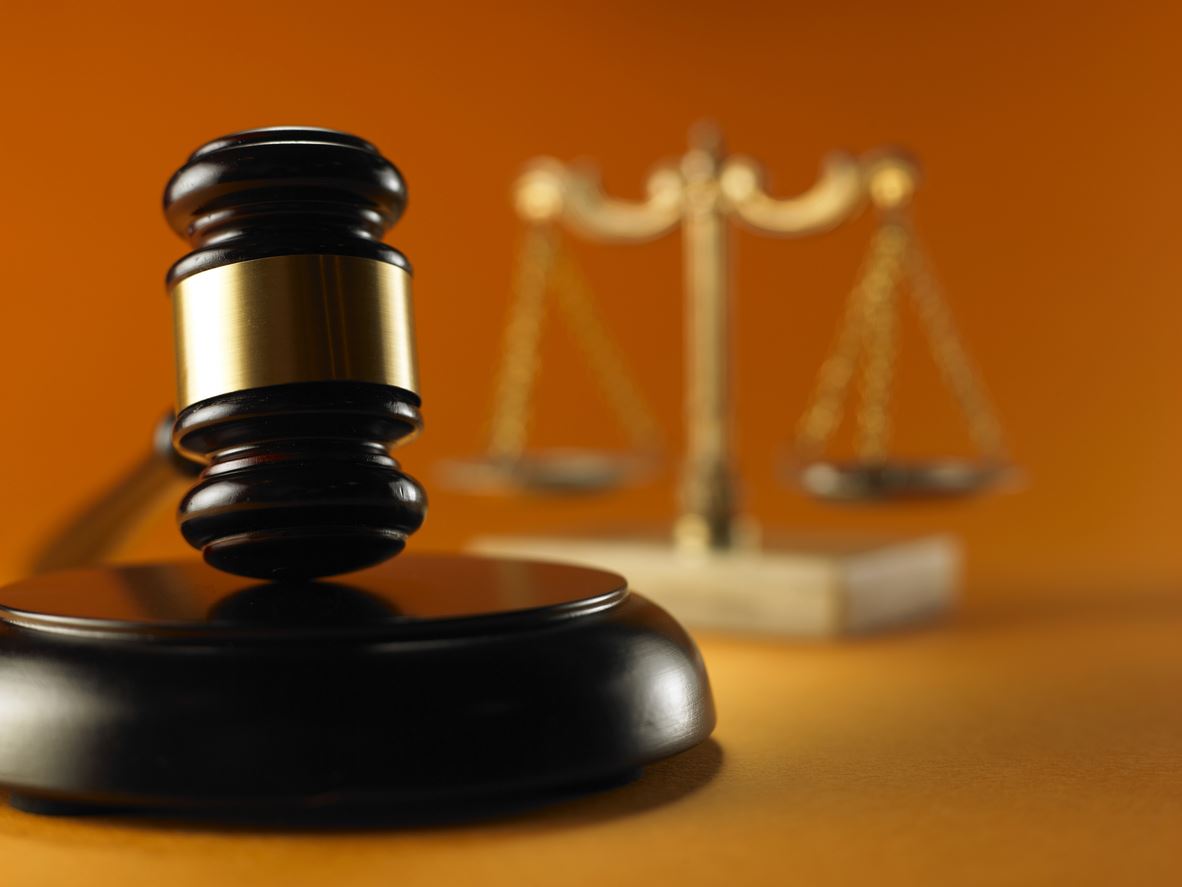Due process is the right to fair treatment by the judicial system and to have one’s rights protected during the adjudication of a civil or criminal legal matter. When we think about due process, we often consider it from the perspective of where it matters most: criminal accusations. Without due process, those accused of crimes risk getting trampled by an overzealous or misguided prosecution.
Title IX disputes, however, are not criminal matters. Yes, they may involve accusations of criminal offenses, but losing a Title IX dispute in and of itself doesn’t mean facing criminal penalties. That, however, might only be a small mercy because those who are found to be responsible for a Title IX violation can be expelled (if a student), placed on suspension, stripped of tenure, and even fired. These consequences can have a life-altering impact upon someone’s education and career opportunities, which should be of concern if an allegation is false.
Title IX disputes aren’t even considered civil actions because the adjudication of an alleged violation often never reaches the courtroom. Universities often adjudicate Title IX disputes on their own, which leaves some questions about how due process should work for both parties – but especially for the accused. If a dispute never reaches the courtroom, does the right due process even apply? Generally speaking, it does, and schools can violate someone’s right to due process in several ways.
Types of Due Process Rights Violations in Title IX Disputes
The following are a few common due process rights violations in Title IX disputes:
- Biased or inadequately trained hearing panel
- Inability for either party to introduce evidence
- The refusal of a request to cross-examine witnesses, the accuser, or the accused
- Interfering with either party’s attempt to consult an attorney
- Applying the incorrect evidentiary standard
- Nondisclosure of evidence against the accused
Although accused parties are guaranteed due process in Title IX disputes, it can vary depending upon how a university handles its investigations and hearings. Securing legal representation can help to compel proper procedure during Title IX disputes and ensure that the rights of the accused are protected.
If you are involved in a Title IX dispute and are seeking legal representation, reach out to Parisi, Coan & Saccocio, PLLC for assistance today. During a consultation, our attorneys can assess your situation and provide insight as to how our firm can help.
For more information or to schedule your consultation, contact Parisi, Coan & Saccocio, PLLC online today.
